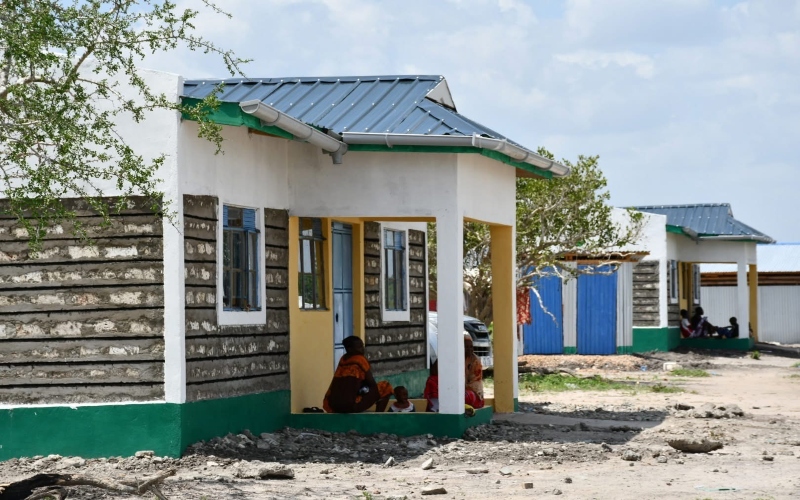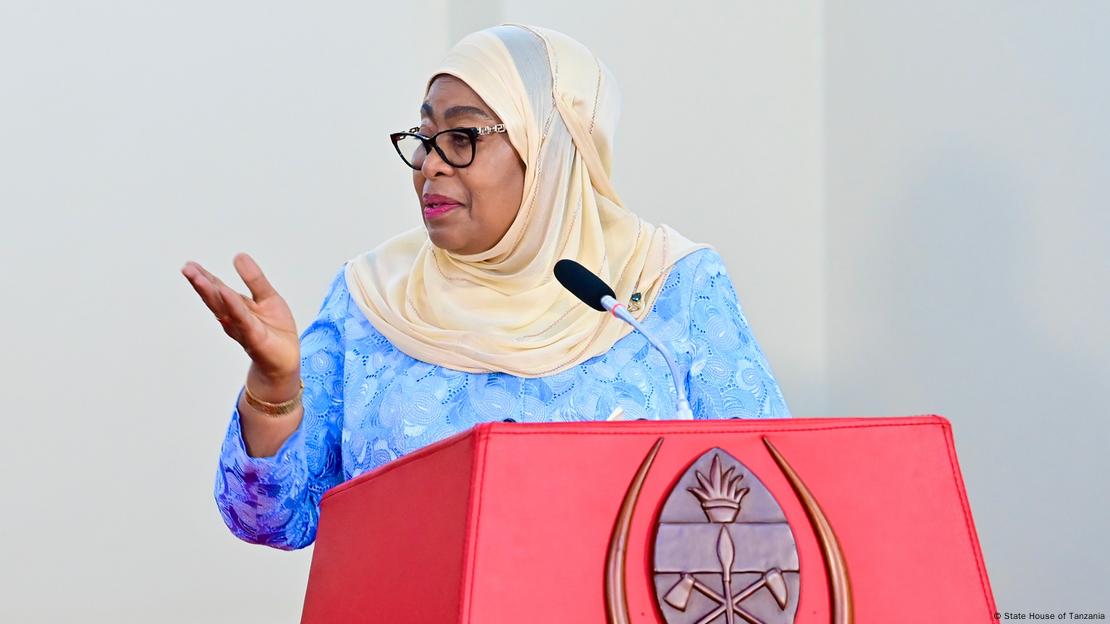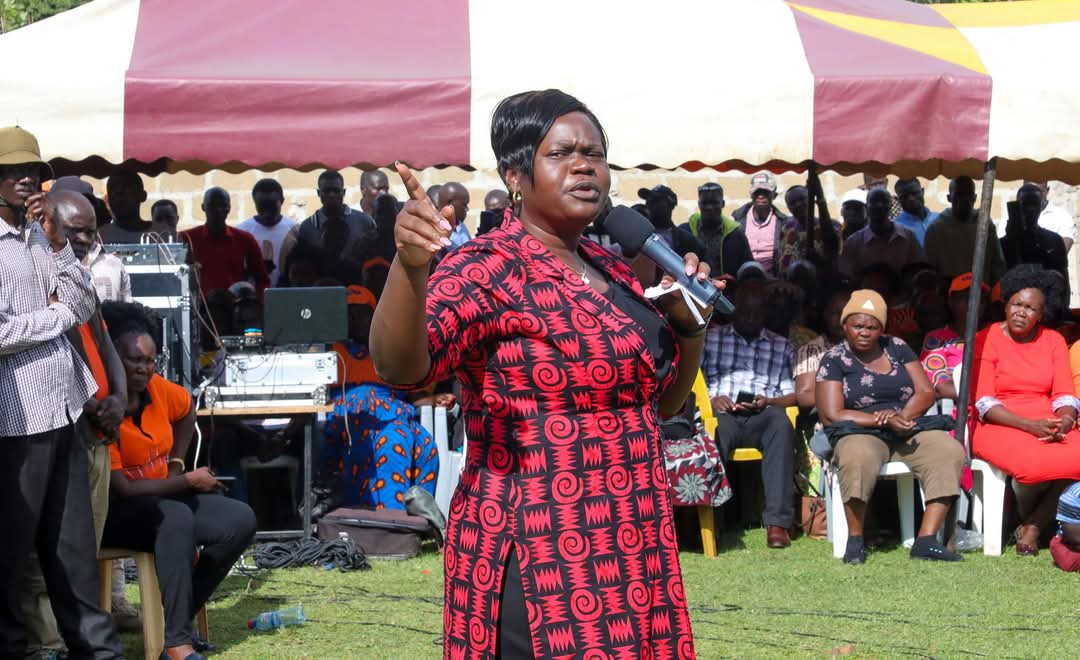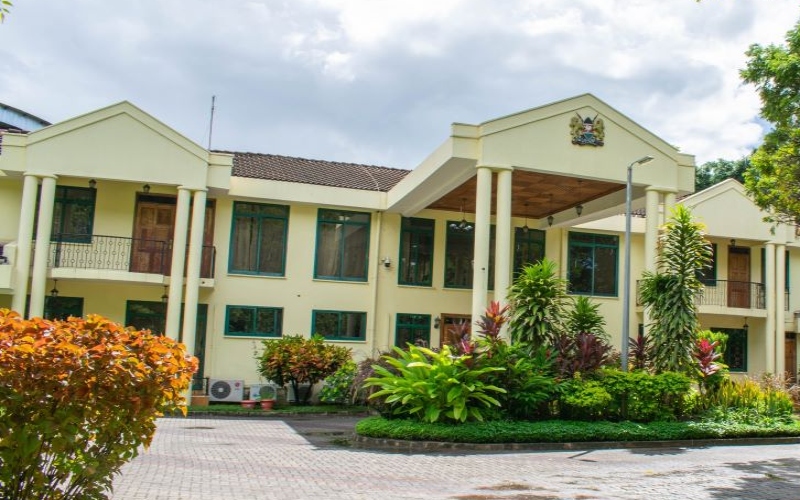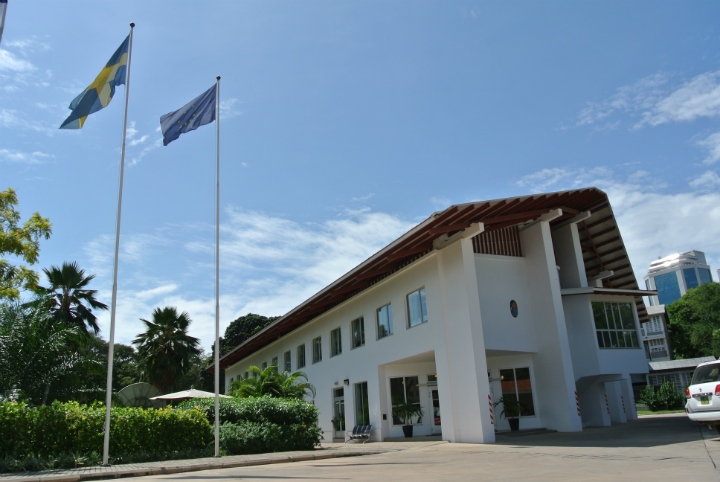Billion-dollar Asian cyberscam industry spreading globally, UN says
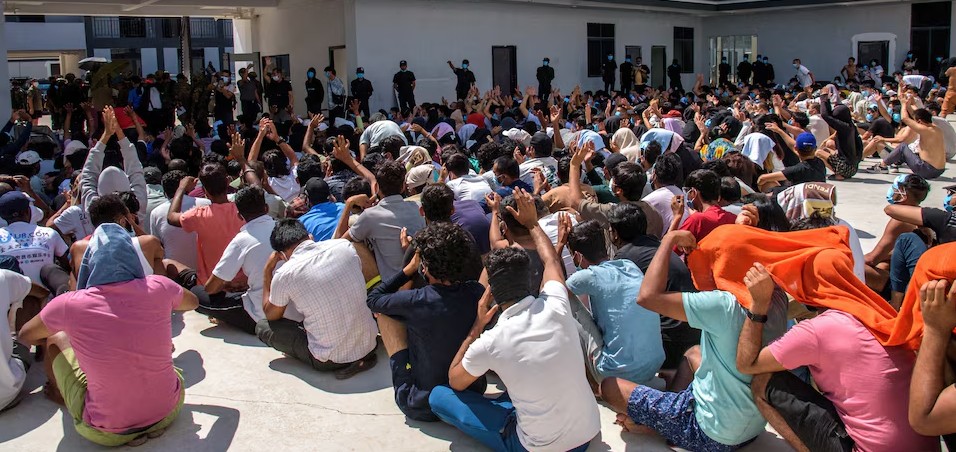
The international community is at a “critical inflexion point,” the UNODC said, urging that failure to address the problem would have “unprecedented consequences for Southeast Asia that reverberate globally”.
Asian crime syndicates behind the multibillion-dollar cyberscam industry are expanding globally, including to South America and Africa, as raids in Southeast Asia fail to contain their activities, the United Nations said in a report on Monday.
Criminal networks that emerged in Southeast Asia in recent years, opening sprawling compounds housing tens of thousands of workers, many trafficked and forced to scam victims around the world, have evolved into a sophisticated global industry, the United Nations Office on Drugs and Crime (UNODC) said.
More To Read
- Record cocaine seizure in Haitian waters underlines country’s ‘pivotal’ trafficking role
- Why a woman is killed every 10 minutes; the rising wave of global femicide
- Nairobi firm, directors found liable for trafficking Kenyan student to Myanmar
- Kenya raises alarm on surge in synthetic drugs, shifting trafficking trends
- National Assembly passes Bill requiring cryptocurrency firms to obtain licenses
- Kenyan, Guyanese nationals indicted in Sh84.1 billion US Health Commodities Diversion Scheme
Even as Southeast Asian governments have intensified a crackdown, syndicates have moved within and beyond the region, the agency said, adding that a “potentially irreversible spillover has taken place... leaving criminal groups free to pick, choose, and move... as needed”.
“It spreads like a cancer,” said Benedikt Hofmann, UNODC acting regional representative for Southeast Asia and the Pacific. “Authorities treat it in one area, but the roots never disappear; they simply migrate.”
Conservative estimates indicate there are hundreds of large-scale scam farms around the world generating tens of billions of dollars in annual profits, the UNODC said. The agency called on countries to work together and intensify efforts to disrupt the gangs' financing.
“The regional cyberfraud industry... has outpaced other transnational crimes, given that it is easily scalable and able to reach millions of potential victims online, with no need to move or traffic illicit goods across borders,” said John Wojcik, a regional analyst with UNODC.
Cryptocurrency scams
The United States alone reported more than $5.6 billion in losses to cryptocurrency scams in 2023, including more than $4 billion in so-called pig-butchering scams or romance scams designed to extort money from often elderly and vulnerable people.
In recent months, authorities from China, where many of the gangs originate, Thailand and Myanmar have led a crackdown on scam operations in lawless areas of the Thai-Myanmar border, with Thailand cutting power, fuel and internet supply to areas housing scam compounds.
But syndicates have adapted, shifting operations between “the most remote, vulnerable, and underprepared parts of Southeast Asia”, especially in Laos, Myanmar, and Cambodia, and beyond, exploiting jurisdictions with weak governance and high rates of corruption, the UNODC said.
Raids in parts of Cambodia where the industry is most visible “led to significant expansion in more remote locations”, including the country’s western Koh Kong province, as well as areas bordering Thailand and Vietnam, the UN agency said.
Cambodian government spokesman Pen Bona said the country is among the victims of the cyberfraud industry and is committed to fighting it.
The government recently established an ad-hoc commission chaired by Prime Minister Hun Manet to address the issue by strengthening law enforcement, developing a legislative framework and increasing collaboration with partner nations and the UN, he said.
To overcome the "complex problem, we need collaboration, not blame", he said.
A spokesperson for the Myanmar junta did not immediately respond to requests for comment.
Syndicates have expanded into South America, the UN agency said, seeking to enhance money laundering and underground banking partnerships with South American drug cartels.
They are increasingly establishing operations in Africa, including in Zambia, Angola, and Namibia, and in Eastern Europe, including Georgia, the agency said.
Gangs have also rapidly diversified their workforce, recruiting people from dozens of nationalities, according to the agency, reflecting how the industry scams targets across the globe and has sought to evade anti-trafficking efforts.
Citizens of more than 50 countries – from Brazil to Nigeria, Sri Lanka and Uzbekistan - were rescued during recent crackdowns on the Thai-Myanmar border.
The international community is at a “critical inflexion point,” the UNODC said, urging that failure to address the problem would have “unprecedented consequences for Southeast Asia that reverberate globally”.
Top Stories Today


